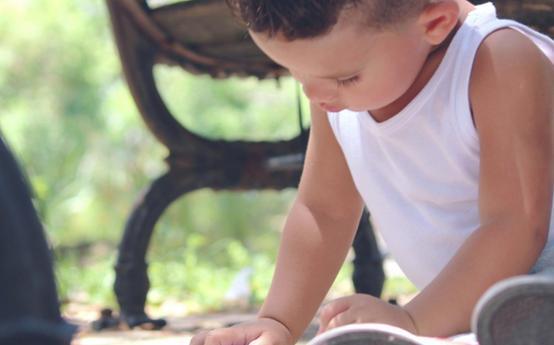There are very few perfect people in this world, but it is better to shift your mind from the pursuit of perfection to helping children solve the problems at hand. To be active listening, we need to first discover the child's emotions, and judge whether the child has an unusual performance to determine whether he is in a bad mood. Younger children may be more emotionally expressive, while older children are more introverted, and only more detailed observation can determine the child's emotional state.

Everyone has a variety of emotions because of various things, and children are no exception. Compared with the adult's control of his emotions, the child is often unobstructed in terms of emotions, and because he cannot control it well, his emotional outbursts are often very strong. A healthy child will have all kinds of emotions, which is a perfectly normal thing. It can also be said that if the child no longer shows emotions one day, looks indifferent, and does not say anything to us, it will be more worrying.
However, when adults make trouble, the people around them either avoid it intellectually or persuade each other, but if the child makes a fuss, it will most likely be exchanged for the reprimand of the adult, "What are you making?" Or"What's your attitude?" No courtesy at all"... Why is it that adult emotions can be understood, while children's emotions are ignored and reprimanded? This is because we look at adults as peers, but condescendingly confront children.
The emotions of adults are seen by us as the inner changes brought about by the real encounter with things, but the emotions of children are treated as unreasonable and educated by us. However, the more we educate our children at this time, the more vulnerable we are to resistance. Because we are concerned with his emotions, and the child is concerned with his own problems not being understood and recognized. We are different from the content of children's concerns, which leads to educational problems and children's non-acceptance.